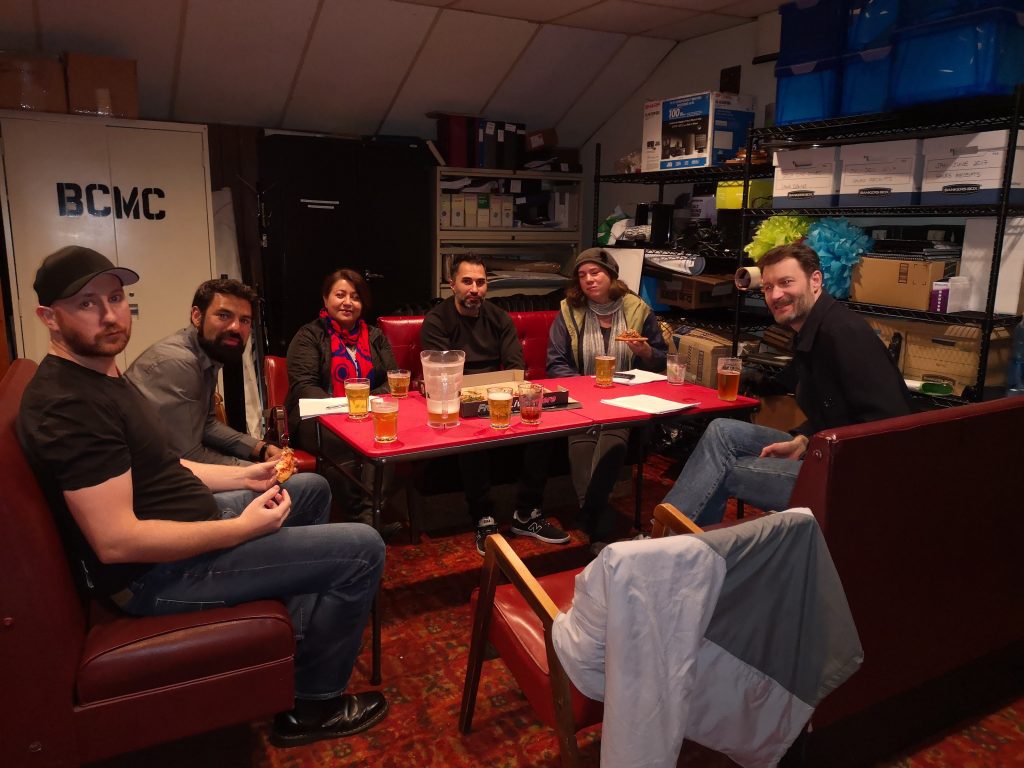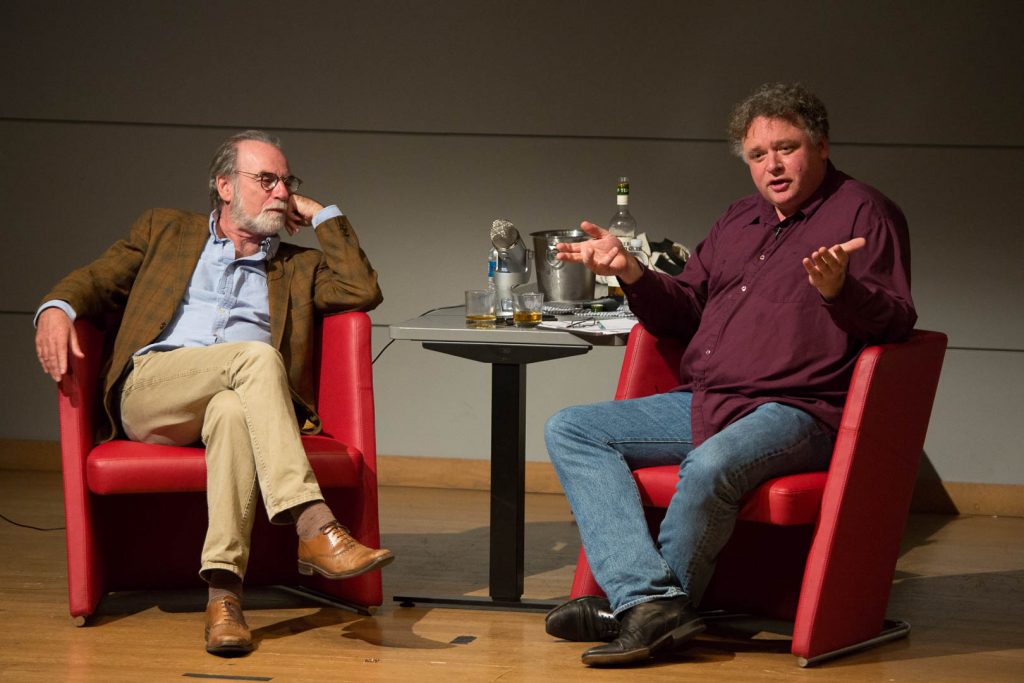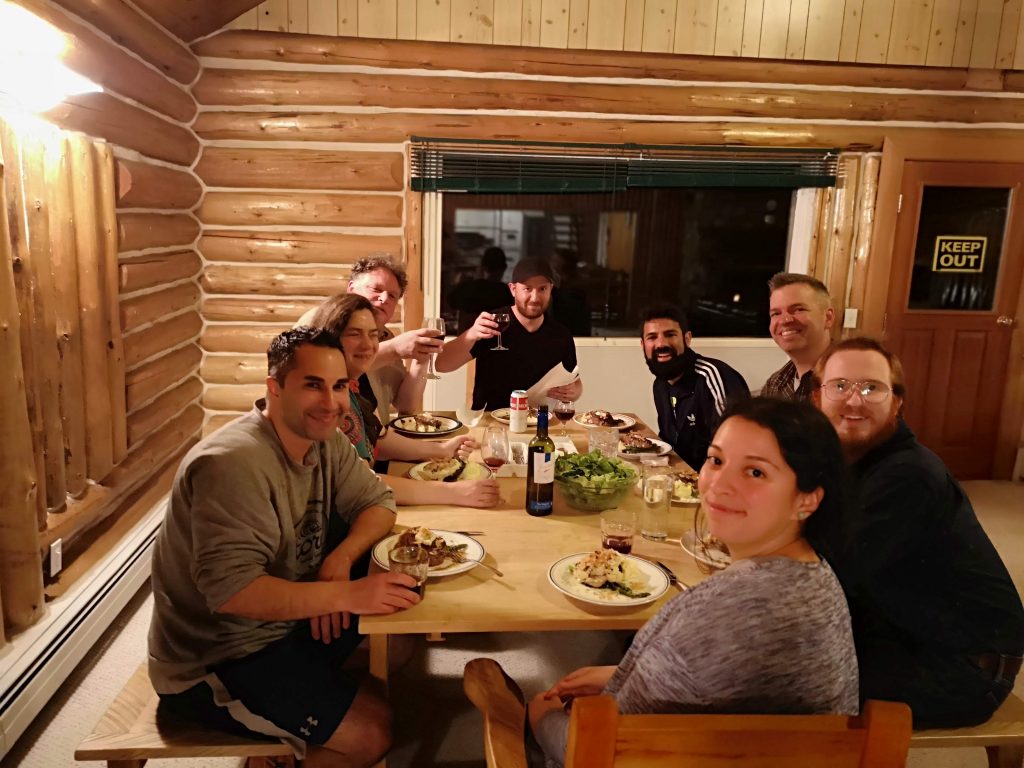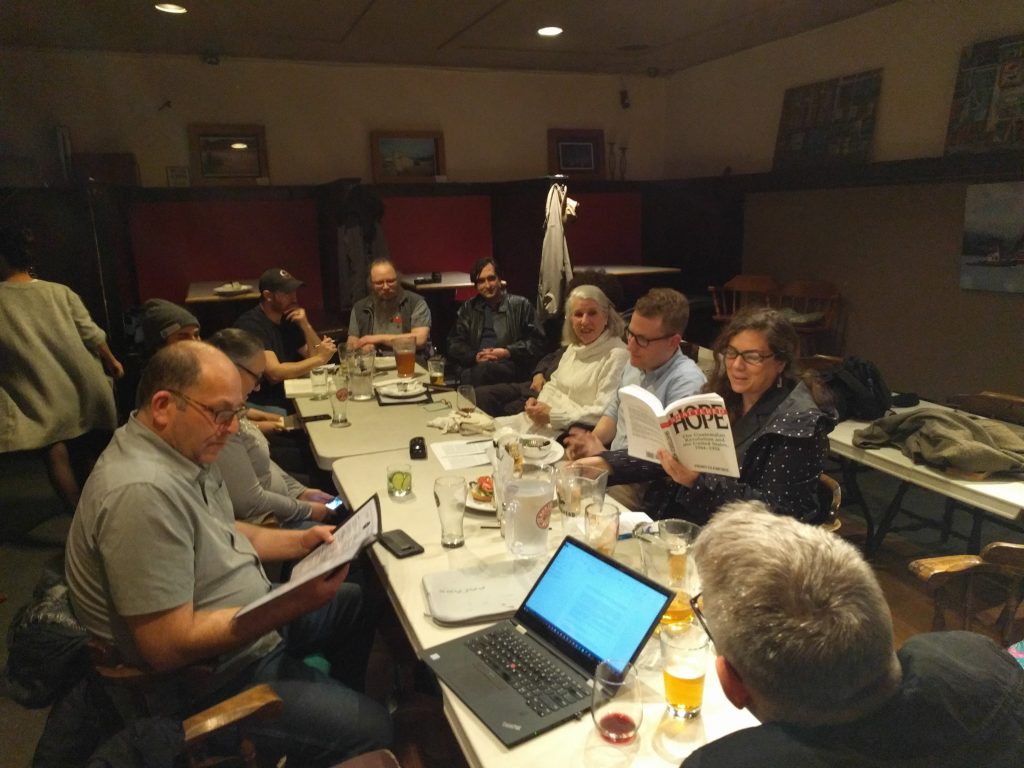“What do you think of Western Civilization, Mr. Gandhi?”
“I think it would be a very good idea.” – Mahatma Gandhi
Mahatma Gandhi knew a lot about Western Civilization when he made this quip. Indeed, his success at pushing the British Empire out of India and depriving it of the greatest jewel in its crown came from his intimate familiarity with the thinking of what one might call, for lack of a better term, “the West,” something he did not just study but enacted as jacket and tie wearing lawyer fighting for liberal human rights in post-Boer War South Africa, long before he donned his loincloth and sandals.
However, in recent years, the idea that there was a distinctive worldview and way of life that might be associated with European and Euro-American empires that made the political and intellectual journey from monarchical absolutism to liberalism via the Enlightenment has been called into question. Post-colonial theorists have argued that many things we think of as distinctively European historical developments were, in fact, global events inappropriately attributed solely to Europe.
Indeed, the Enlightenment, itself, has been increasingly understood as a global conversation that affected all parts of the literate world, albeit refracted through different historical and cultural circumstances.
Neither our course nor our instructor take a strong position with respect to many assertions concerning the legacy, definition or even existence of Western Civilization. Instead, the course will explore different frameworks for understanding and historicizing this idea and acquaint students with a variety of perspectives over time.
Difficulty Level
This course’s lecture content requires no prior specialized knowledge and is based on general knowledge widely available to any high school graduate who keeps up with the news. Students are assumed to have been educated within the traditions of European and Euro-creole societies of the Global North. Students unfamiliar with the basics of European history and literature should alert the instructor prior to the start of the course so that supplemental material and readings can be generated.
Modularity
Each lecture can function as a stand-alone presentation, meaning that students wishing to purchase individual classes, instead the full course will be able to do so.
Format
Each class will last between sixty and one hundred and twenty minutes. Lectures will range for forty to eighty minutes in length with the remaining time set aside for discussion.
Texts
As with previous courses, students are not required to read anything to fully appreciate course contents or understand the lectures. However, students interested in doing background reading or going into greater depth on a particular class’s topic should notify the instructor by the end of the previous class.
We will not be using any academic articles for core course functions, although students may request texts on which articles are based that they can peruse in their own time.
The instructor has written on some of the subjects on which he will be lecturing. Interested students can check out readings on stuartparker.ca:
Honey Boo Boo and the Fourth Punic War
Consciousness of Decline
Cost
We have kept our prices frozen at 2020 levels, charging just $150 for the whole thirteen episodes or $12.50 per session.
Course Schedule
Our course will meet at 6:00pm Pacific, 9:00pm Eastern, 2:00am Greenwich, 5:00am East African Time on Tuesday and Thursday evenings.
| Date | Lecture |
| January 18th | Course introduction: modern conceptions of the West and its history |
| January 23rd | Homer and Herodotus: Greek thinking about East and West |
| January 25th | Baal versus the Bouleteria and Rome versus Carthage: East and West in the Mediterranean |
| January 30th | Marxist parochialism, theocratic feudalism and the distinctive historical development of the West |
| February 1st | Charlemagne, schism and the Victorines: Europeanness as distinct from Christianity |
| February 6th | Europe in the Levant: from Filioque to the Fall of Acre |
| February 8th | The Americas I had in mind: expecting and encountering the Americas |
| February 13th | The Enlightenment: local or global? |
| February 15th | “The white man’s burden,” Rudyard Kipling, Teddy Roosevelt, America in the Pacific and the Closing of the Frontier |
| February 20th | Oswald Spengler, Aryanism and the neo-Spenglerians |
| February 22nd | Reifying or deconstructing the West? Frantz Fanon, Edward Said and Dipesh Chakrabarty |
| February 27th | Ruthenians versus Russians and semantic field of “settler”: Ukraine and Gaza through the prisms of JRR Tolkien and Samuel Huntington |
| February 29th | Course conclusion |
ttend.





